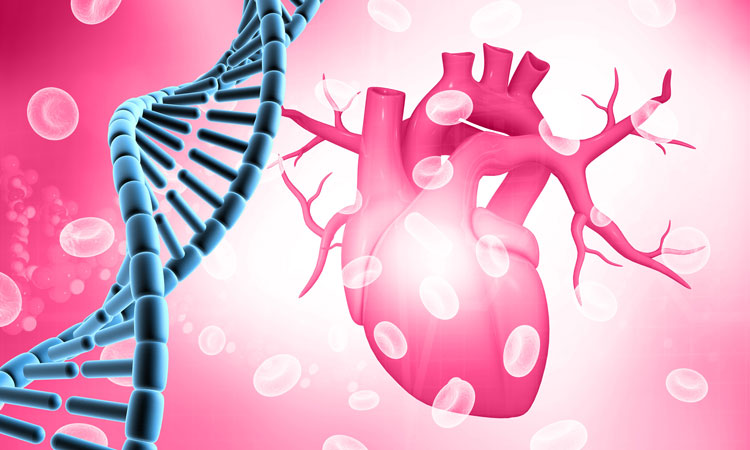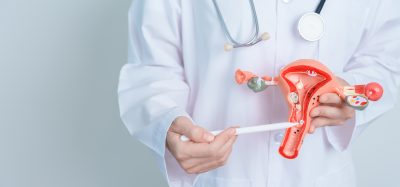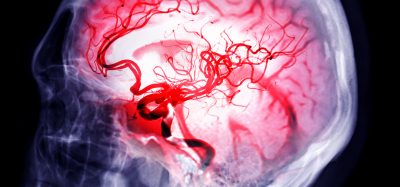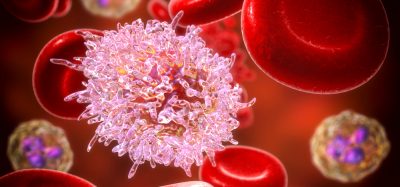New model yields promising gene therapy for heart condition
Posted: 28 January 2022 | Mandy Parrett (Drug Target Review) | No comments yet
Scientists in Japan have developed a credible heart cell model for arrhythmogenic cardiomyopathy and observed a positive response in the condition using PKP2 gene therapy.


Arrhythmogenic cardiomyopathy (ACM) is an inherited heart muscle disorder that is thought to affect one in 5,000 and can cause sudden cardiac arrest, particularly in children and athletes. Previous studies have established that defects in the PKP2 gene, which encodes the protein plakophilin-2, play a pathological role in the condition but, until now, such research has only been carried out on cells derived from healthy patients.
In this new study, researchers from Osaka University successfully developed heart cells from patients with the condition and observed that they fail to contract correctly when grown in the laboratory. They observed that in replacing the mutated PKP2 gene responsible for this effect, with an intact copy, this defect is fixed.
“The cells with two mutated copies of PKP2 clearly exhibited reduced contractility and impaired desmosome assembly due to plakophilin-2 deficiency,” explains Shuichiro Higo, senior author. “These effects were also observed in cells with only one mutated copy of PKP2, although they were less severe.”
Replacing the mutated PKP2 with an intact copy of the gene repaired the defects in both cell contraction and desmosome assembly, which the researchers were able to observe using a time-lapse approach and fluorescently labelled desmosomes.
“These findings suggest that our cardiomyocyte cell lines recapitulate the pathology of arrhythmogenic cardiomyopathy and provide a rapid and convenient platform for developing gene-based therapies for this disease,” says Higo.
This study was published in Stem Cell Reports.
Related topics
Analysis, Cell Cultures, Disease Research, DNA, Gene Therapy, Genome Editing, In Vitro, Stem Cells, Targets
Related conditions
arrhythmogenic cardiomyopathy (ACM)
Related organisations
Osaka University
Related people
Shuichiro Higo








